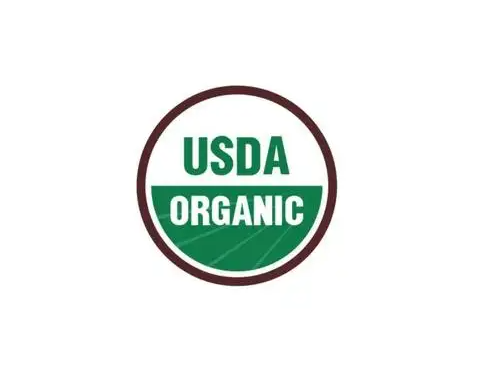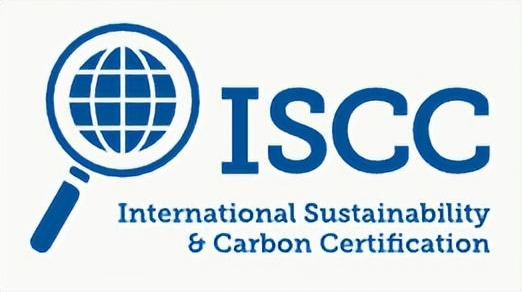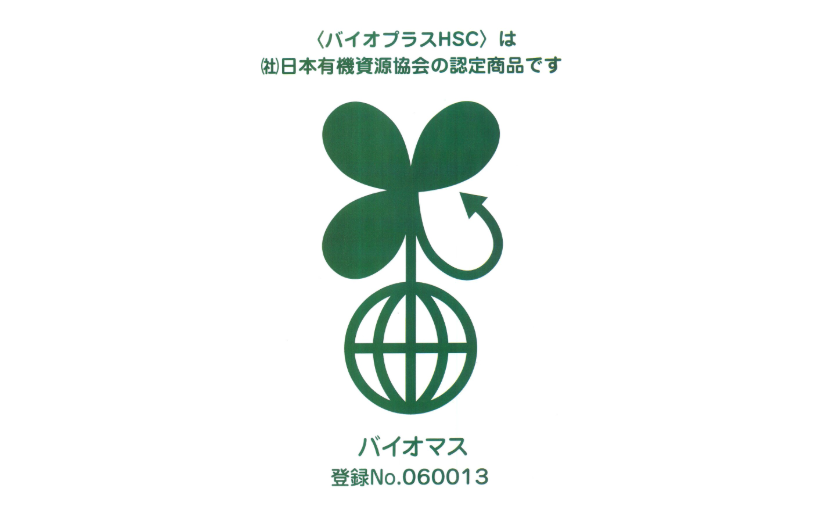At a time when the global wave of sustainable development is surging, bio-based products are increasingly becoming a new favourite in the market with their advantages such as originating from biomass, reducing dependence on traditional fossil resources and reducing carbon emissions. Bio-based certification is like a "green pass", which builds a solid f
At a time when the global wave of sustainable development is surging, bio-based products are increasingly becoming a new favourite in the market with their advantages such as originating from biomass, reducing dependence on traditional fossil resources and reducing carbon emissions. Bio-based certification is like a "green pass", which builds a solid foundation of trust and a clear value identification for the competition and circulation of products in the international market. The following is an in-depth exploration of the major bio-based certification systems widely recognised in the international market at present.
U.S. Department of Agriculture (USDA) Bio-based Priority Certification

As a major certification in the global agricultural and bio-based field, the USDA bio-based priority certification is very influential. Relying on the strong strength of the United States in agricultural scientific research and industrial scale, it accurately focusses on the determination of product bio-based content. Relying on advanced laboratory analysis technology, we quantify the proportion of renewable biomass components derived from plants, animals, microorganisms and other products, and check the "greenness" from the source of raw materials. For example, biodegradable plastic tableware has been certified, which shows that it makes full use of cornstarch, sugarcane fibre and other biomass in the selection of raw materials, replaces traditional petroleum-based plastics, and helps the catering industry reduce plastic and emissions. In European and American supermarket catering channels, consumers see this certification logo, and their willingness to buy has greatly increased, because it is in line with the trend of environmental protection consumption.
European Union OK Biobased Certification

Rooted in Europe's strict environmental protection and quality control soil, OK Biobased follows the unified standards and norms of the European Union, with distinctive characteristics. It not only considers the bio-based content, but also makes an in-depth evaluation of the environmental impact of the whole life cycle of the product, including the weighing of multi-dimensional indicators such as production energy consumption, waste disposal and ecotoxicity. For example, bio-based textiles, the certification process can be traced back from natural fibre planting (organic cotton, flax planting water consumption, pesticide use), textile processing (environmental protection of dyeing and finishing process) to product disposal (degradability, recycling potential). With a rigourous process, European fashion brands introduce OK Biobased certified fabrics to shape a high-end green image, shining green and gold on the global fashion week stage and high-end market, with significant premium space.
International Sustainability and Carbon Certification (ISCC)

ISCC certification closely follows the pulse of the times, focusses on the core demands of carbon emission reduction and sustainable development, and is deeply rooted in the international fields of energy, chemical industry and materials. It is suitable for biofuels, bio-based chemicals, biomass power generation and other diversified scenarios. It follows the globally unified, scientific and refined methodology, accounts for the "carbon footprint" of products, and verifies the effectiveness of reducing greenhouse gas emissions from biomass raw material collection (forest residues, waste oil collection and storage flow) to the output of end products. Take biodiesel as an example, obtaining ISCC certification means that it can enjoy policy subsidies and priority access in the European Union, Southeast Asia and other fuel markets, which is in line with the general trend of energy transformation in the transportation field, drives green shipping and land transportation innovation, and integrates into the global carbon neutral blueprint.
Japan Biomass Mark (Biomass Mark)

In line with the scarcity of local resources in Japan but the pursuit of extreme environmental protection and quality, the biomass logo highlights the local applicability and quality control. Focus on the reuse of local rich agricultural and forestry waste (rice husk, wood shavings) to make products, covering everything from food packaging to household building materials. The certification strictly examines the stability of the local supply chain and the uniformity of raw material quality, ensures that the product performance is comparable to that of traditional products, and gives full play to the advantages of biomass carbon reduction and resource recycling. For example, Japanese wooden biomass plates are used in building interiors. With logos, it conveys multiple values such as warmth and environmental protection, low formaldehyde release and strong carbon storage function. It is unique in the local and Asian high-end architectural decoration markets, highlighting the green ingenuity of the East.
Bio-based certification cooperates to empower global green economy and trade
Although each certification is based on different regional regulations and industry focusses, it is like a "jigsaw puzzle piece" in the global market, splicing together a complete bio-based product trust network. Enterprises use certification to break down trade barriers and integrate into the international green supply chain. For example, Asian bioplastics enterprises use the double certification of USDA and ISCC to open the supply of European and American automotive interior materials; consumers use certification to have a clear purchase orientation to catalyse the upgrading of green consumption in the market; supervision uses certification to standardise the industrial order and promote the whole From raw material planting and processing to market circulation, the spherical bio-based industry has eliminated the disadvantages and advantages in all aspects. It has made a steady and long-distance voyage in the sustainable development channel and continues to release ecological and economic dividends.







 Consultation
Consultation
 400-115-9001
400-115-9001